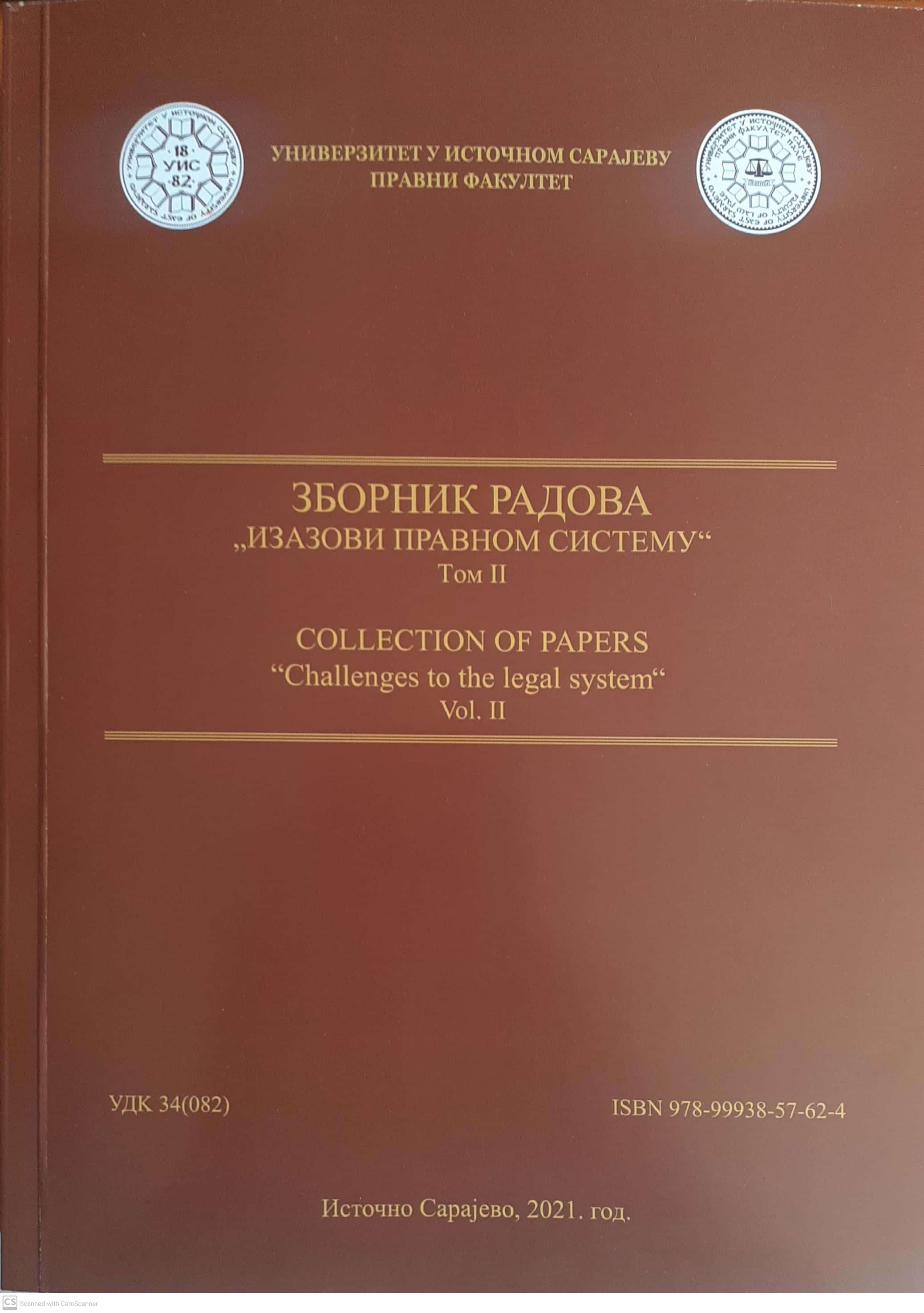Аутономија воље странака као повезница за уговоре са међународним елементом из перспективе Хашке конференције за међународно приватно право
Party Autonomy as a Connecting Factor to International Contracts from the Perspective of the Hague Conference on Private International Law
Author(s): Valerija Šaula
Subject(s): Law, Constitution, Jurisprudence, International Law
Published by: Правни факултет Универзитета у Источном Сарајеву
Keywords: Party autonomy; Hague Conference on private International law;Hague principles; Private International Law Act of the Republic of Srpska; Contracts with international element;
Summary/Abstract: Party autonomy in international contracts is a subjective connecting factor that imposes the obligation on the court (arbitration) to apply the chosen law. This principle dominates in the legislation and practice worldwide and at first glance does not raise any dilemmas or problems. However, means of exercising party autonomy, manners of implementation of this principle andlimitations imposed on it are issues which are differently regulated in both national legislations of various countries and in the international sources of law.With the intention to fulfill its task stipulated by the Statute, The Hague Conference on Private International Law dedicated almost fifteen years to the project of preparing the instrument called “Hague Principles on Choice of Law in International Commercial Contracts” (Hague Principles).Regardless of the fact that the Hague Principles do not have an obligatory force, the importance of this document is profound, having in mind the authority of The Hague Conference and the competence of the experts who participated in their drafting. Therefore, the Hague Principles are “communis opinio doctorum” in this specific area of law. Each Member State of the Hague Conference is able to use these principles as a tool for harmonizing the internal legislation with the business environment. Harmonization and coordination of the legal systems is certainly one of the models to avoid conflict of laws and its consequences.Having in mind the importance of the Hague Principles for the future codifications, this paper focuses not only on presenting the most important achievements regarding the party autonomy in the work of the Hague Conference, but also on the comparison of the Hague Principles with the existing legislation in the Republic of Srpska.
Book: Зборник радова "Изазови правном систему" Том II
- Page Range: 62-82
- Page Count: 21
- Publication Year: 2021
- Language: Serbian
- Content File-PDF

